What you eat before your run plays an important role in how you will perform, and you'll need to eat accordingly if you want to avoid a catastrophe during your run. Most sports dietitians advise having a healthy and nutritious meal around three to four hours prior to a run. However, if you're someone that's always on the go, a snack isn't a bad temporary stomach filling, either. Here are a few ideas and tips to help you find the ideal pre-run snack for your exercise. We'll help you find the proper meals and snacks that are healthy, satisfying, and light without being too filling and negatively impacting performance.
Key Nutrients
Protein is an essential nutrient for most forms of exercise, as it will offer energy, repair tissue, and keep you feeling fuller for longer. On average, a tenth to a third of your daily nutritional intake should be from protein. Focus on beans, nuts, fish, and other lean proteins like poultry, with eggs being one of your best sources of this nutrient. Carbohydrates will cover most of your calories and are one of the primary sources of long-lasting energy. Choose whole grains, potatoes, and fruits for your carb intake. The added benefit of fiber in whole grains will ward off hunger and keep your insides running healthily. Fats are important energy providers for the body, helping it to absorb vitamins better. Fish and nuts consist of omega-3 fatty acids and will help to ward off disease. Fat intake should never exceed a third of your daily intake, as too much will increase your weight.
Vitamins and Minerals
Vitamins and minerals are essential nutrients that play many different roles in the body. They help the body produce energy, repair tissue, and maintain a healthy immune system. Vitamins and minerals are also important for proper fluid balance, which is essential for exercise. Vitamin C and Vitamin E are two helpful vitamins for running and general exercise. Vitamin E is an antioxidant that can help protect your cells from damage. Vitamin C is also an antioxidant and will assist your body with iron absorption. Speaking of iron, it's an essential nutrient that provides cells with oxygen. You'll need a healthy intake of iron to avoid fatigue. Calcium works to prevent some injuries and fractures, as well as some longer-lasting conditions. Sodium is an electrolyte that helps regulate fluid balance in the body. When you run, you sweat and lose electrolytes through your sweat. Just a bit of sodium can help replace your lost electrolytes and prevent dehydration.
Food to Eat
What you eat before a run should depend on the length and intensity of your planned exercise. On a short run, try snacking on a handful of dates, fruit, toast with jam, or some of a granola bar. These natural sugars will keep you energized without the risk of crashing afterward. The best bread for toast will be whole grain bread. If you prefer other forms of carbohydrates, you can substitute bread with pasta, rice, or quinoa. For longer runs, focus on whole fruits or food that measured from around half a cup to a cup in size. Combine a banana with a turkey and veggie sandwich, or enjoy a bowl of oatmeal with fruit and a bagel. You could come up with many options, but focus on foods that revolve around the correct ratio of protein, carbohydrates, and fats.
Food to Avoid
Endeavor to avoid foods that are high in fat like fried foods or red meat; it will fill you up but leave you feeling sluggish. Caffeine and dairy have the opportunity to mess with your insides during a run by either speeding up or slowing down your internal processes by excessive amounts. Fiber is important for any healthy body, but too much could slow you down and have you stopping for several restroom breaks. Spicy food and sugary drinks will shake around in your stomach, creating a painful concoction that will not provide any benefits for your run.
Running-specific dietary requirements and considerations are necessary to follow if you wish to perform at a personal peak or competitive level. To feel and perform at your best, it's essential to fuel your training and recuperation. A solid meal plan along with conditioning and strategy plans will net you a competitive advantage and give you the energy you need to perform effectively. Experiment with different nutrients or foods we've listed, as different methods will work for different running and body types.
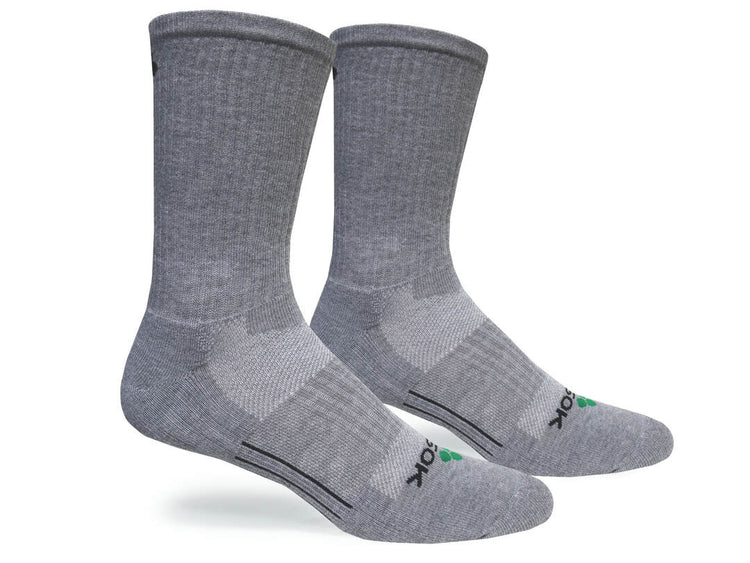
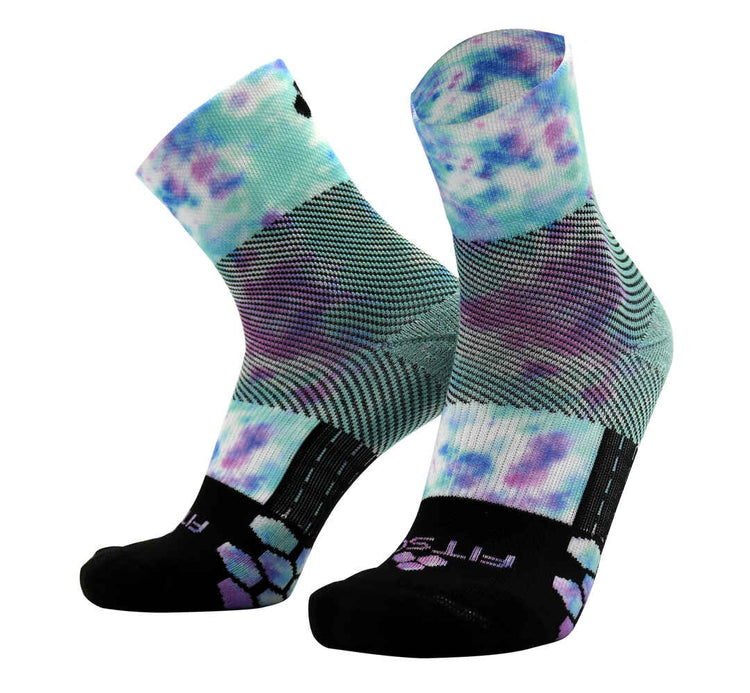
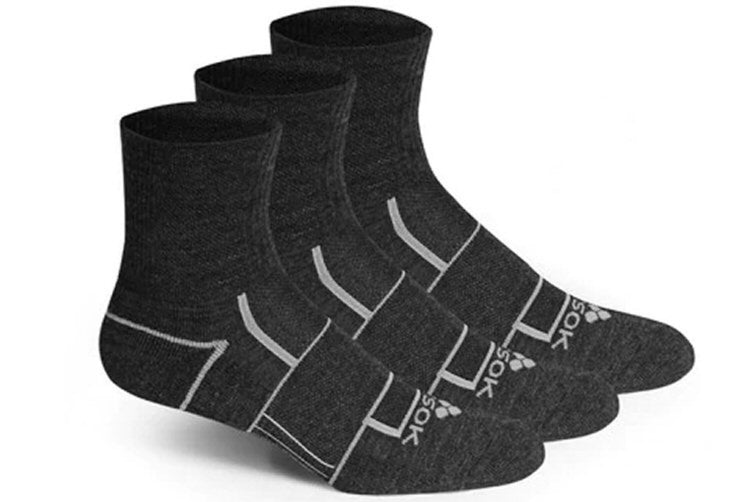

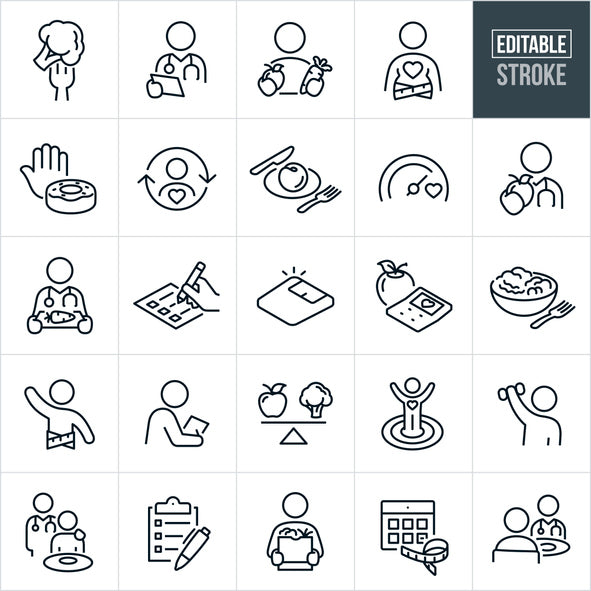
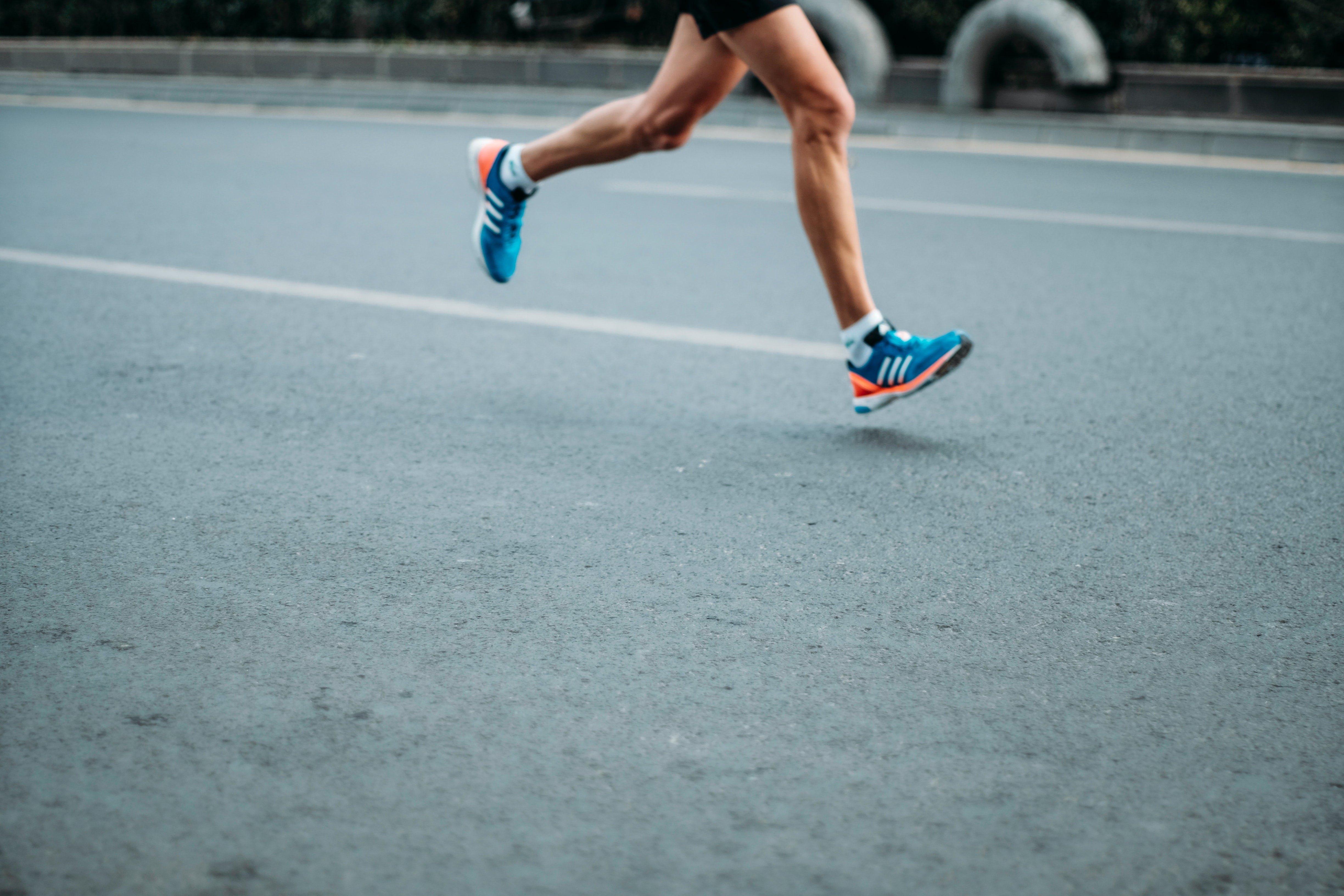
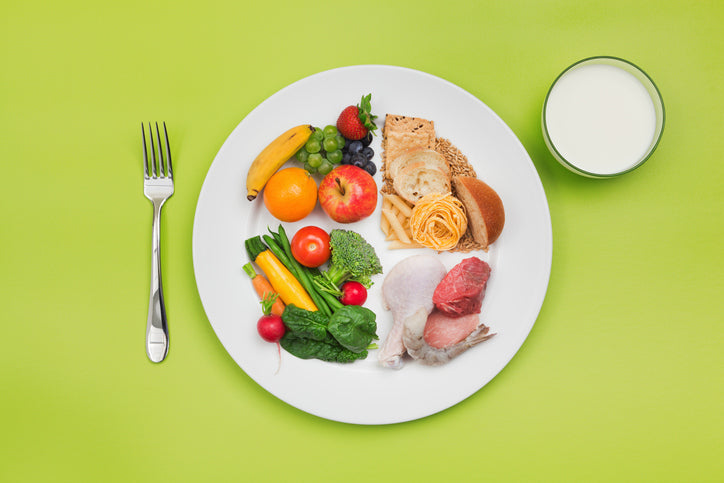
Leave a comment
This site is protected by hCaptcha and the hCaptcha Privacy Policy and Terms of Service apply.